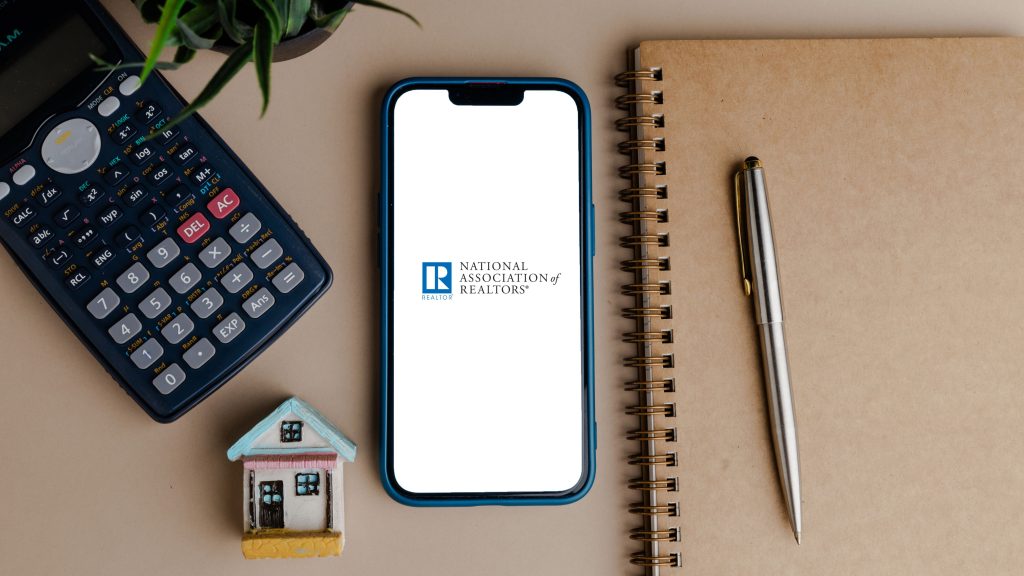With the introduction of new buyer/seller representation rules, real estate brokers and agents must not only adjust their practices but should also consider updating their websites as a means of educating buyers and sellers as it pertain to the new regulatory standards. As digital platforms play a critical role in representing agents and brokers online, choosing a website vendor that understands and integrates compliance with these new regulations is crucial.
In this article, we’ll discuss what you should be able to expect from the vendor hosting your real estate broker website or real estate agent website to ensure their online presence aligns with the new buyer/seller representation rules.
Clear Disclosures
The new rules emphasize transparency and clear communication with clients, which means your website should prominently feature the necessary legal disclosures regarding agent representation. This includes ensuring that buyers and sellers know whether the agent represents them exclusively or both parties in a transaction.
Expect your website vendor to:
- Create Spaces for Disclosure: Ensure there are sections or banners on your site that prominently display agency representation disclosures.
- Clearing Visible Sections or Banners: Your vendor should ensure key agency representation terms can be prominently displayed in easily accessible sections of your site, making it simple for users to review and understand the information.
- Easily Editable Disclosure Content: Ensure the vendor provides you with an easy-to-use content management system (CMS) that allows you to update and modify these disclosures as regulations evolve.
Clear and accessible disclosure features build trust with clients by promoting transparency.
User-Friendly Representation Information
Brokers and agents must ensure clients understand what type of representation they’re receiving. This means presenting information on your website that is clear, easy to find, and easy to understand. A vendor should offer design solutions that meet these criteria.
Look for a vendor that provides:
- Dedicated Representation Pages: Ability to easily add a specific page or pages that explain different types of representation (buyer’s agent, seller’s agent, dual agency) and what they entail.
- FAQ Section on Representation: Effortless creation of an FAQ page to address common inquiries about agent representation, helping potential clients clearly grasp the services you provide.
- Glossary of Terms: Easily include a glossary that explains key legal terms related to agency and representation, making complex jargon more understandable for clients.
By creating easily navigable and informative sections, your website can help clients understand their rights and the type of service they can expect from you.
Mobile-Friendly and Accessible Design
Applying updates isn’t just for desktop, your mobile website must also provide accessible and easy-to-use features for disclosure, representation information, and form submissions. In addition, websites must be accessible to all users, including those with disabilities, as per the Americans with Disabilities Act (ADA) guidelines.
Expect your website vendor to:
- Implement Responsive Design: Ensure that all compliance-related information is easy to view and navigate on mobile devices.
- Ensure ADA Compliance: The website should follow ADA guidelines, such as providing alt-text for images, readable text sizes, and keyboard-friendly navigation, so that users with disabilities can access representation information and submit forms without barriers.
- Test for Accessibility: Vendors should run regular accessibility tests to ensure your site is usable and error free for all potential clients and meets legal standards.
Mobile and accessible design ensures that everyone who visits your site has a positive experience and is fully informed, regardless of the device they use.
SEO and Content Strategy for Transparency
Your website’s content must reflect the new buyer/seller representation rules, and that means making sure the information is easily discoverable by search engines and presented in a way that clearly explains your agency’s services.
Your website vendor should assist by:
- Optimizing Content for SEO: Ensure that your vendor has the tools that allow you to optimize important pages—such as those outlining representation options—with relevant keywords like “buyer’s agent,” “seller’s agent,” and “real estate representation.” This will help potential clients find your services when searching for representation online.
- Structuring Content for Clarity: Pages should be structured with clear headings, bullet points, and visual aids to make complex information easy to understand.
- Updating Content Regularly: As the rules evolve, your vendor should make it easy for you to update content, ensuring that your site always reflects the most current regulations.
Optimized and clearly structured content not only boosts your site’s search engine rankings but also ensures that your clients can easily understand their representation options.
Regular Compliance Updates
Real estate regulations can change frequently, and keeping your website up-to-date with the latest buyer/seller representation rules is crucial to maintaining compliance. Your website vendor should take a proactive approach to ensure your site stays current with any new legal requirements.
Expect your vendor to offer:
- Regular Software Updates: Vendors should regularly update the software and plugins on your site to stay compatible with any regulatory changes.
- Easy Content Management: Your vendor should provide a CMS that allows you to quickly update forms, disclosures, and informational pages as needed.
- Compliance Audits: Ask your vendor to periodically review the website to ensure that all compliance-related elements are working correctly and that nothing is outdated.
With these updates in place, your site will always reflect the latest legal standards, protecting both your business and your clients.
Exceptional Support
Finally, brokers and agents should expect ongoing support from their website vendors. This ensures that if you encounter any compliance issues or need to make adjustments, help is readily available.
Look for a vendor that provides:
- 24/7 Customer Support: Ensure that your vendor offers round-the-clock support so you can resolve any urgent compliance issues as they arise.
- Responsive Updates: If a regulation changes, your vendor should quickly assist with any necessary updates to your site.
With exceptional support, you can confidently maintain a compliant and user-friendly website without technical headaches.
Conclusion
Navigating the new buyer/seller representation rules can be challenging, but with the right website vendor, real estate brokers and agents can ensure their online presence meets all necessary legal standards. By focusing on clear disclosures, user-friendly representation information, compliance-ready forms, mobile and accessible design, SEO optimization, regular updates, and outstanding support, brokers can create a website that aligns with the latest regulations while providing an exceptional experience for clients.
Choosing a vendor that understands the real estate industry’s evolving legal landscape is essential for brokers and agents looking to build trust and credibility in the digital marketplace.
Read More About Real Estate
Tags: Buyer Representation, RealEstateTechnology, SellerRepresentation


